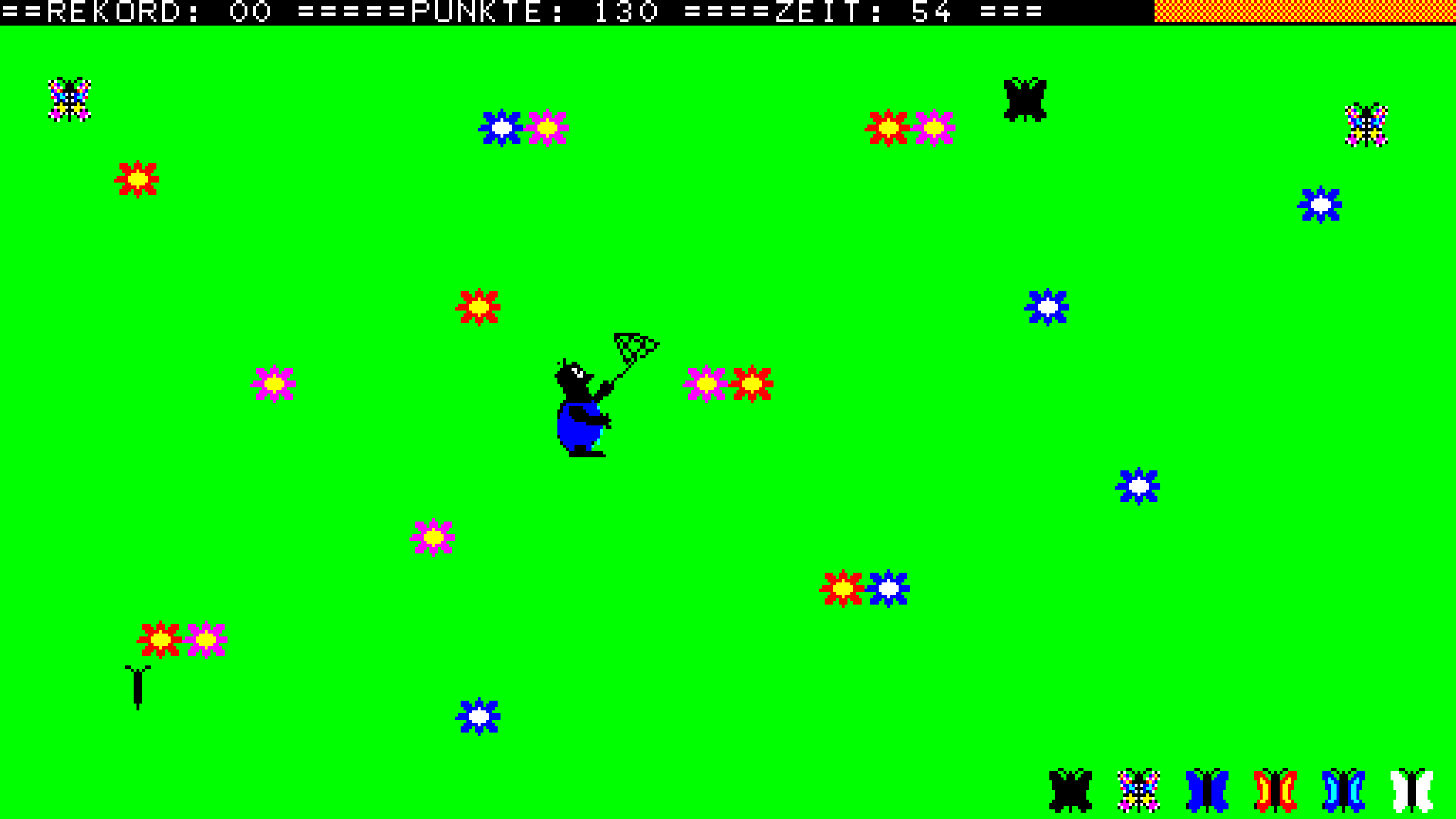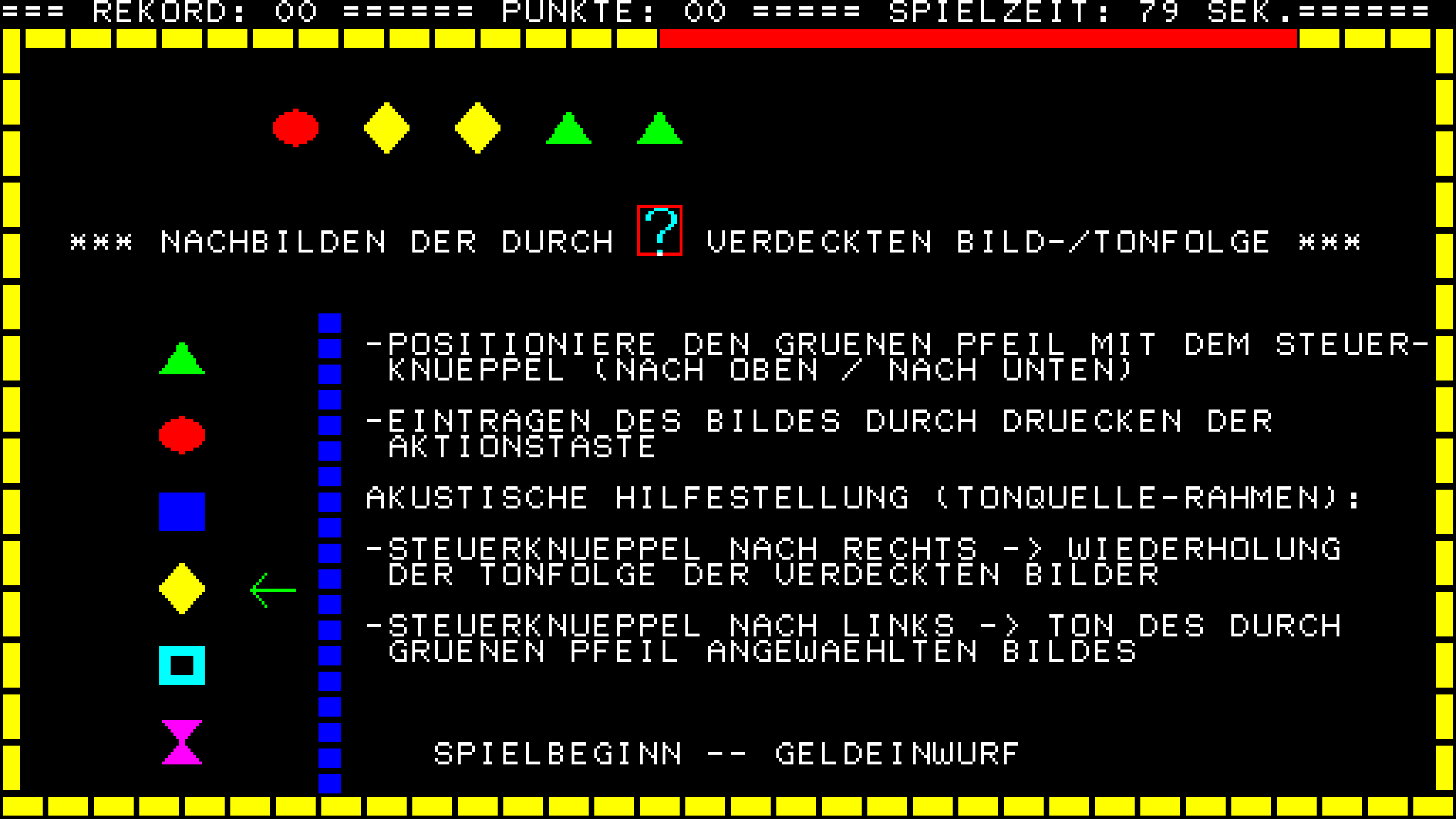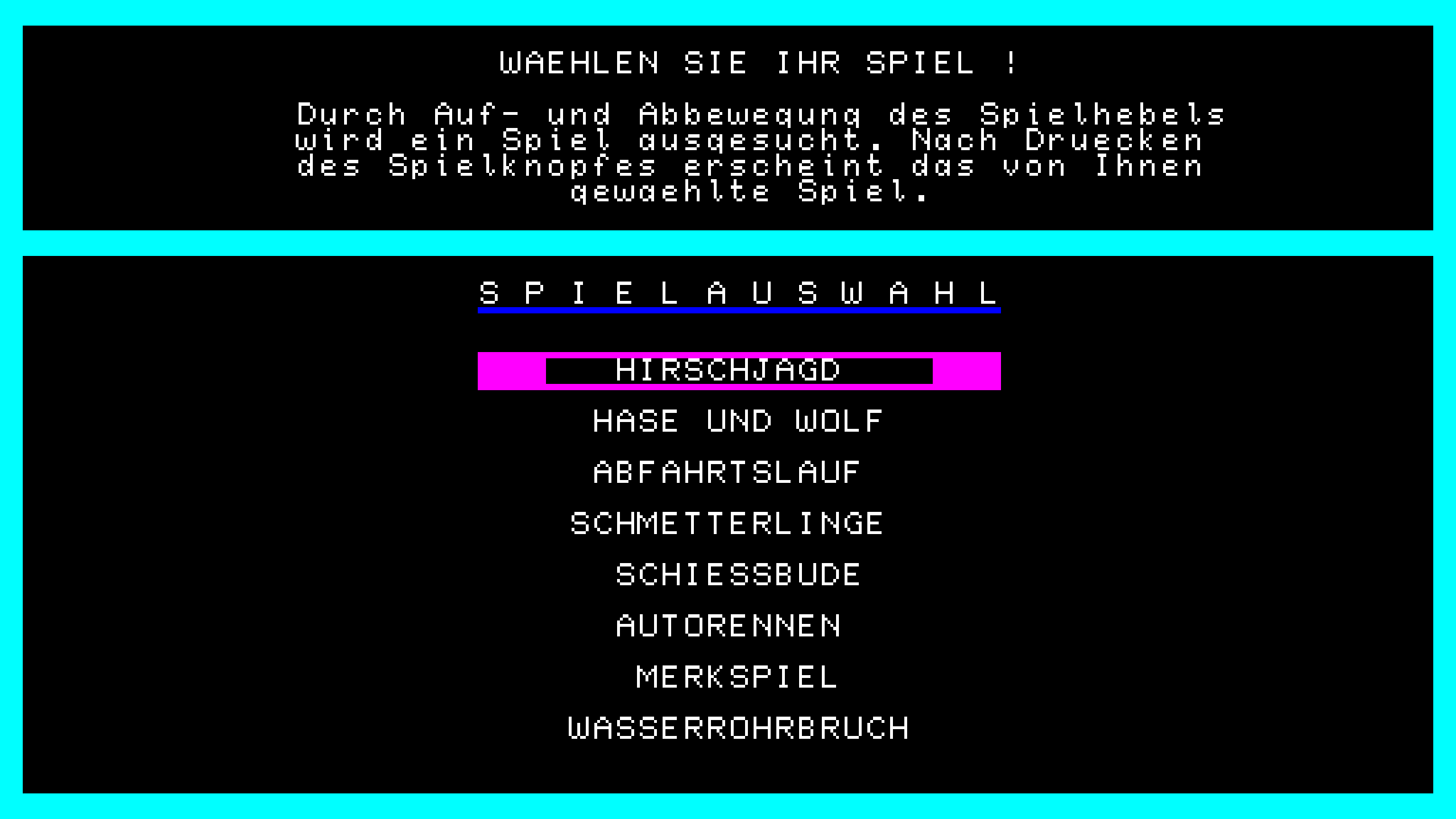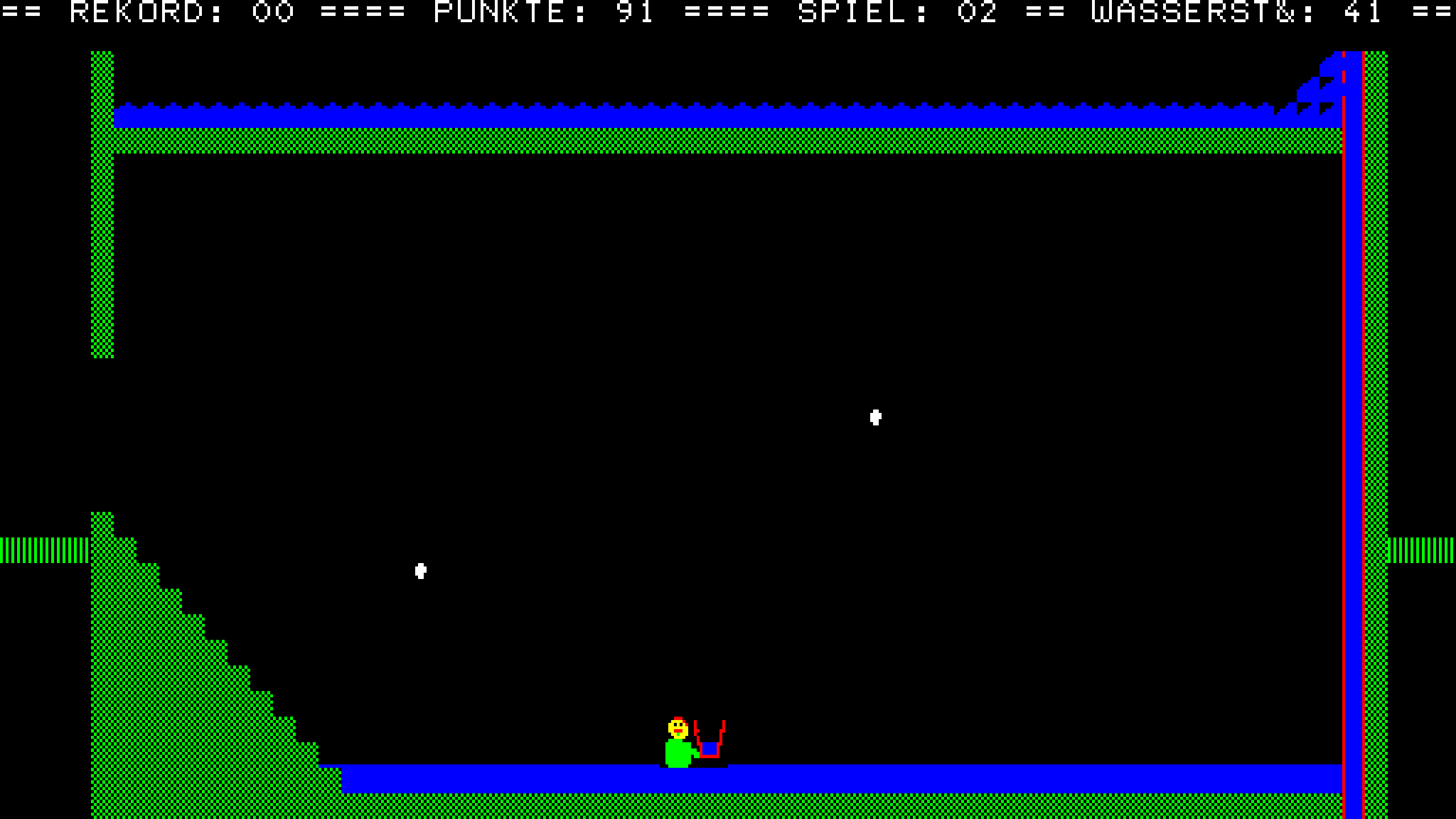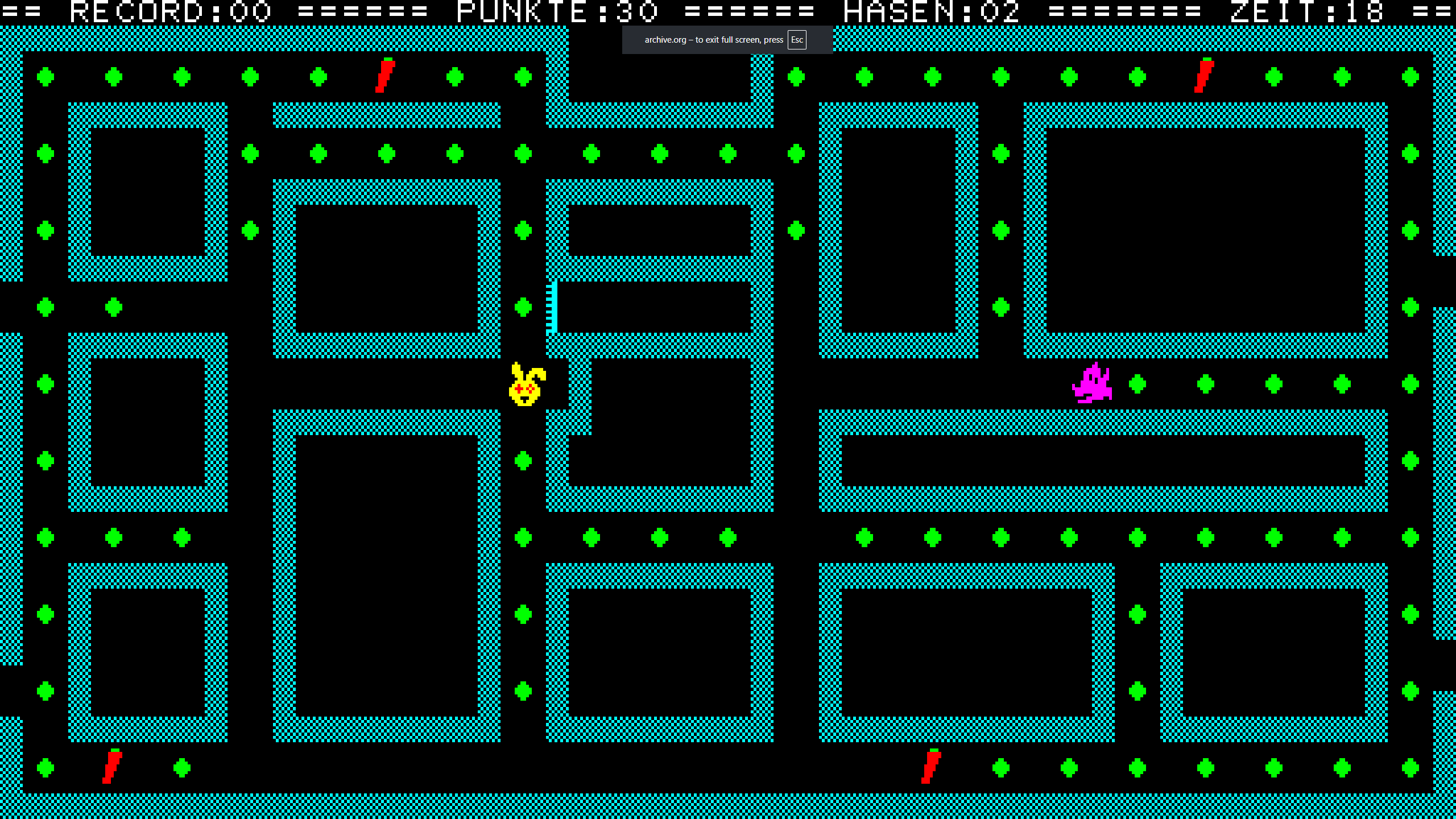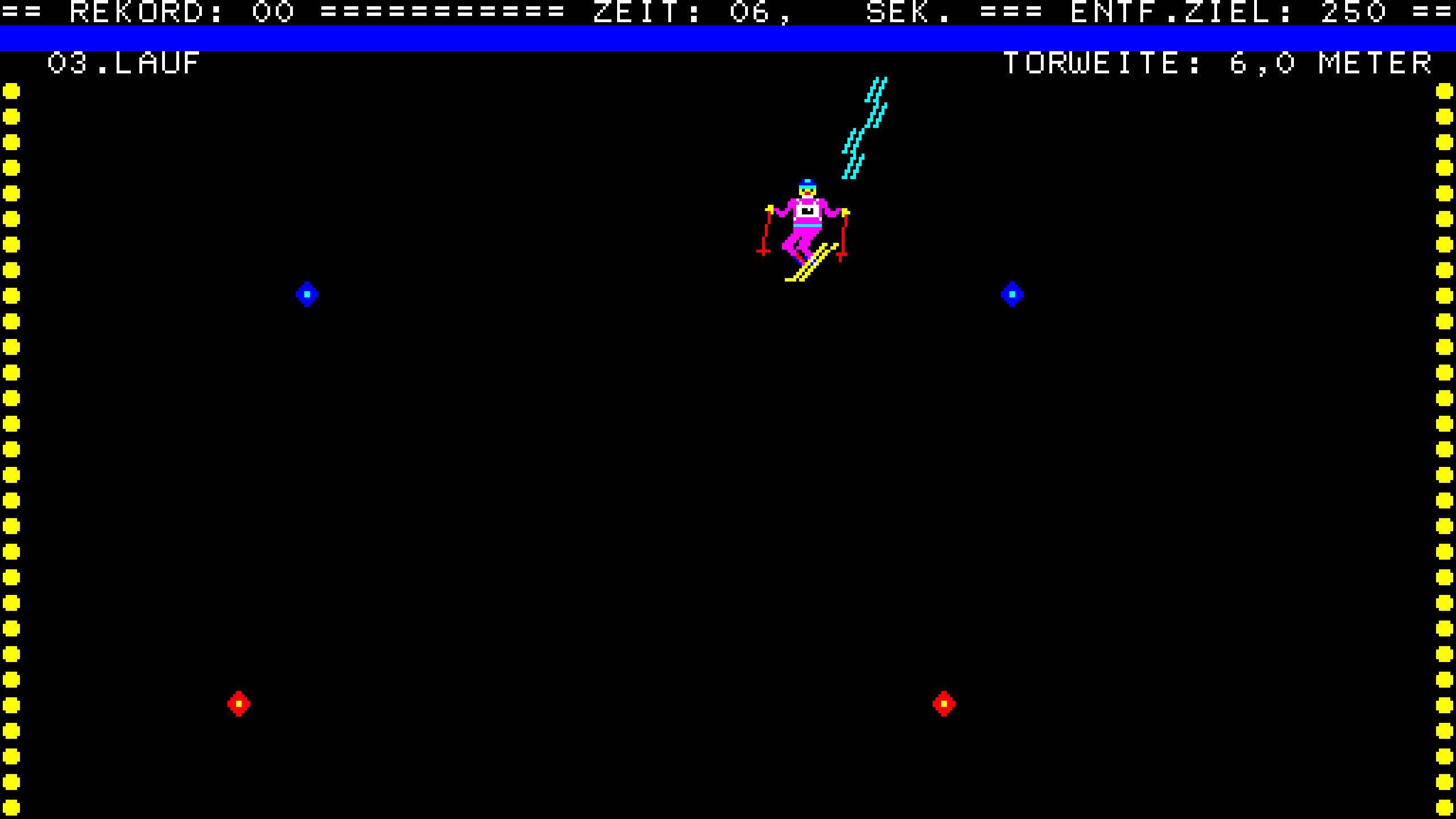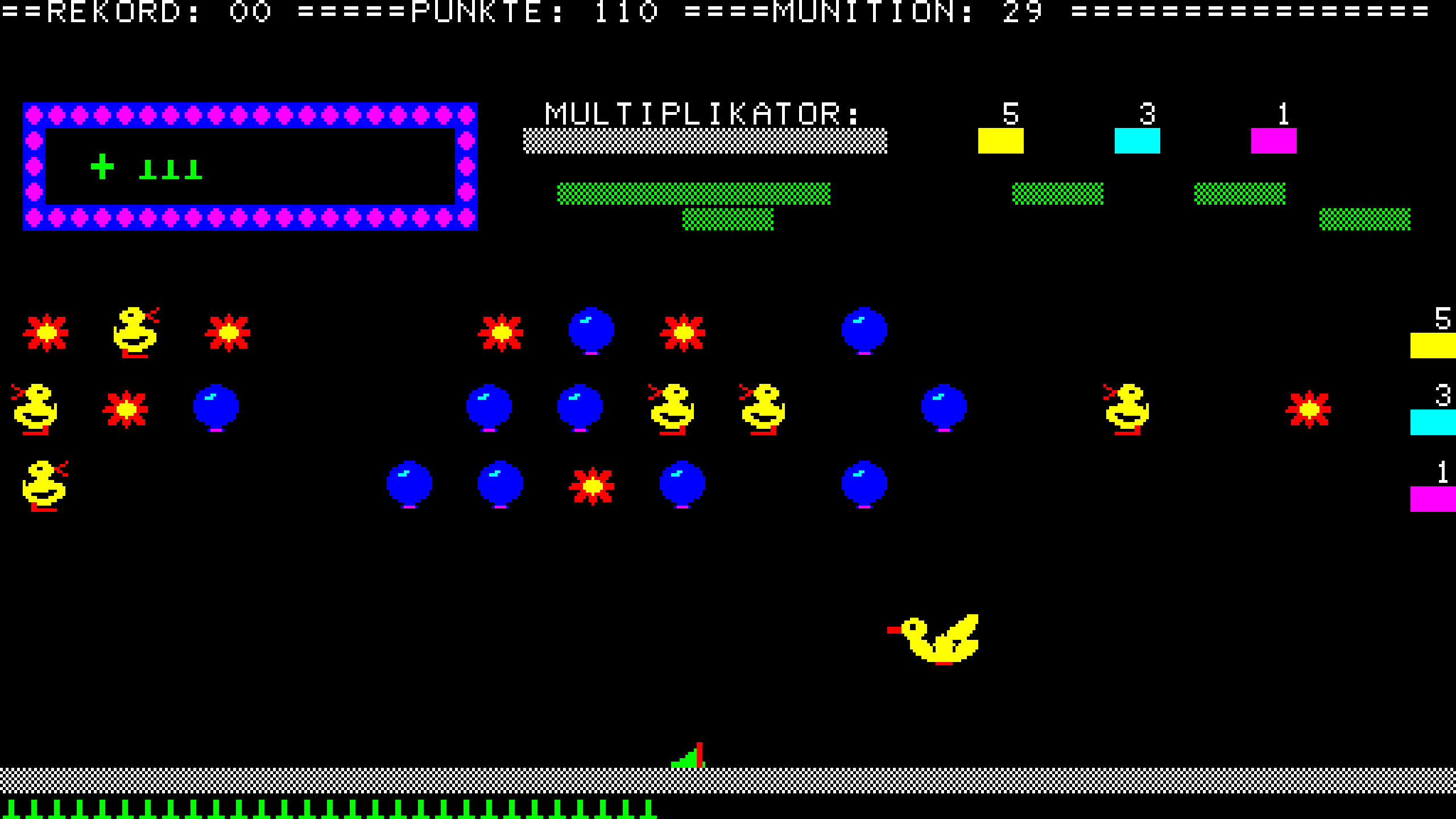I played communist Germany's only arcade cabinet and you can too, comrade
VEB Polytechnik Karl-Marx-Stadt is my dev to watch for 2026.
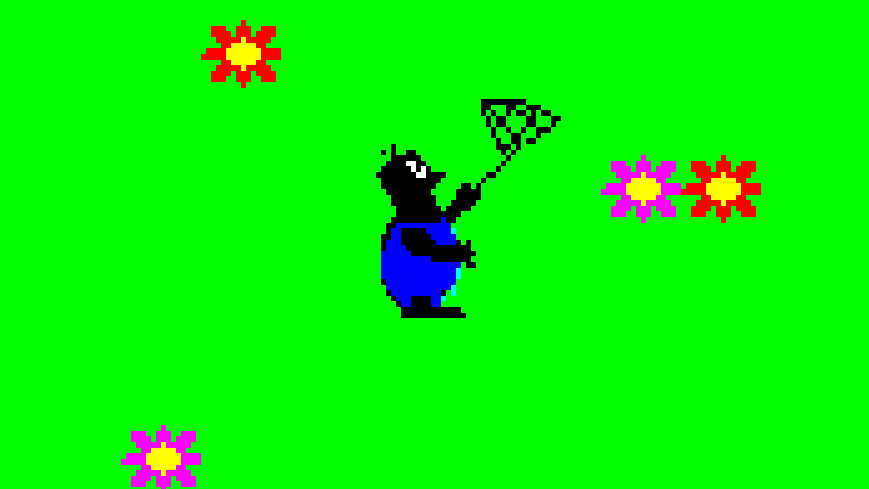
Keep up to date with the most important stories and the best deals, as picked by the PC Gamer team.
You are now subscribed
Your newsletter sign-up was successful
Want to add more newsletters?
Weird Weekend is our regular Saturday column where we celebrate PC gaming oddities: peculiar games, strange bits of trivia, forgotten history. Pop back every weekend to find out what Jeremy, Josh and Rick have become obsessed with this time, whether it's the canon height of Thief's Garrett or that time someone in the Vatican pirated Football Manager.
If the German Democratic Republic (GDR)—that is, East Germany—is known for anything, it's an irrepressible sense of fun. And yet, somehow, the country only produced a single arcade cabinet across its entire 41-year existence: the Poly-Play—six feet of East German engineering in creamy wood-grain, manufactured by VEB (Volkseigener Betrieb, or publicly owned enterprise) Polytechnik Karl-Marx-Stadt, the city now called Chemnitz.
Produced in 1985 and numbering around 2,000 altogether, the Poly-Play was a chimeric assemblage of parts not made for arcade cabinets. Its monitor was a repurposed German TV set, its cab produced by furniture maker VEB Raumkunst Mosel. It was a bright window into a computerised, socialist future that loomed across GDR holiday homes and youth centres.
That it was unique in East Germany's manufacturing output shouldn't be taken as an indictment. The socialist half of Deutschland was, if anything, a lot less suspicious of gaming than the west, which banned kids from playing arcade games in 1984. In fact, planners and ideologues hoped the proliferation of computers and gaming software would spark the imaginations of a new generation of engineers, and the state encouraged citizens to get into home computing in official magazines like Der Funkamateur.
East Germany was just late to the arcade. By the time it was producing the Poly-Play, its comrades in the USSR had been producing arcade machines of one form or another for around a decade. Though to be fair to the Germans, it wasn't the country's first gaming machine. That honour goes to the BSS 01: a proletarian Intellivision that no one really bought and no one really liked. People did like the Poly-Play, though, and I was determined to find out why.
Arbeiter, Bauern, nehmt eure Gamepads
I'm telling you all this because A) I am very unwell, and B) I recently learnt you can still play the Poly-Play today. Either by flying to Germany and finding a still-functional cabinet or, slightly easier, using the emulator that some preservation hero has uploaded to the Internet Archive. You can also slap a core for it onto your MiSTer, if you're a real pervert (I mean that as a compliment).
It might be the GDR's solitary arcade cabinet, but you got a lot of bang for your 50 pfennigs. The machine's U880 microprocessor—a hardy, dialectical knock-off of the Zilog Z80, produced by a different VEB with Karl Marx in the name (you have to wonder if they ever got confused)—would run any of eight games for you. These were:
- Hirschjagd (Deer Hunt)
- Hase und Wolf (Hare and Wolf)
- Absfahrtslauf (Downhill)
- Schmetterlinge (Butterflies)
- Schießbude (Shooting Gallery)
- Autorennen (Motor Race)
- Merkspiel (Memory Game)
- Wasserrohrbruch (Water Pipe Burst)
It is with deep regret that I inform you the majority of these games do not hold up in the era of Baldur's Gate 3. Hirschjagd is a game about annihilating deer on a timer, your crusty shotgun barely capable of spitting its pellets further than you can throw a punch. Schmetterlinge is interesting in that it appears to be a game about a squat goblin on an insane quest to denude the entire countryside of butterflies, but is otherwise not fun to play. Autorennen dares to ask 'What if Formula 1 proceeded at a pace slightly below walking?' Schießbude is Space Invaders if the invaders were ducks trying to assault your silo of… legumes or something. Which is a pretty scary prospect, to be fair.
Keep up to date with the most important stories and the best deals, as picked by the PC Gamer team.
So let's not talk about those. Instead, let's talk about Wasserrohrbruch, which I'm unilaterally declaring PC Gamer's Game Of The Year 1985. You might not expect great things from a game named "Water Pipe Burst," but this is because you lack the remarkable vision of your socialist forebears.
Wasserrohrbruch is an anxiety game: a hidden ancestor to Cart Life. You are a helpless yellow man in a cellar whose wasserrohr has bruch'd. You have a bucket and no one is coming to help you. Droplets form on the ceiling and fall at speed to the floor, where they gradually begin to flood the entire room, soaking your shoes, your shirt, your neck, creeping higher and higher.
You can stem this tide by catching the droplets in your bucket, but this is impossible at length. The drops form haphazardly and two-at-a-time, often at opposing ends of the room. Catching all of them is impossible, and worse: when your bucket fills, you have to ascend the stairs at the left-hand side of the room to throw your caught water from the window, as more and more droplets form and fill the room while you do it. It's like a videogame version of the art installation of a robotic arm attempting to mop up its own blood. The end is inevitable; it can only be postponed. I love when games have a message. I assume this is about Perestroika.
Genosse Pac-Man
Hase und Wolf is kind of a banger, too. Not because of its gameplay. God no. In the hand, the game is just a worse Pac-Man—imagine that game except with more fiddly controls that will invariably get you stuck on corners. It's the Pac-Man they'd make you play in hell.
Hase und Wolf is interesting because it's a product of the great fraternity of socialist nations. In 2025, we all live in America. We share a language of Hanna Barbera cartoons and Simpsons gags—the USA exercises a level of cultural hegemony impossible in any other era.
It's the Pac-Man they'd make you play in hell.
In 1985, that wasn't quite as true, and a solid chunk of the globe lived under Soviet cultural hegemony instead. Thus, Hare and Wolf—a game based on the iconic Soviet cartoon Nu, Pogodi, aired by the GDR's Deutscher Fernsehfunk state broadcaster under the German title Hase und Wolf. I think this might make it East Germany's first and only licensed videogame.
It's also a nightmare. There's the fact you can get caught on walls, sure, but also completing a round makes your wolf enemies undergo mitosis—increasing in number until it's you against an entire pack, desperately trying to tap the directional buttons just lightly enough to round a corner without mashing your face into it. The only advantage is that your enemies suffer from… something. Possibly depression, given their relatable tendency to spend large chunks of the game occupying this or that corner of the map and just kind of vibrating slightly. Give them time. They're thinking about stuff.
Bad news all: My Bewertung is ausgeschieden
A close runner-up to Wasserrohrbruch is Abfahrtslauf, which is a game about skiing and dying. You are a happy purple man whose dream is to get to the bottom of a mountain, opposed only by god and physics.
This is not Alpine Ski. For one thing, you're heading south instead of north, For a second thing, the game is practically daring you to kill yourself every second. The relatively simple goal is to navigate your skier between the piste markings and to the finish line in the shortest time possible. If you do a lot of turning, you can maintain a pretty sensible speed, get very few points at the end, and bring shame on yourself and your family.
Far better is to point your skis firmly at the mountain's base and pray. Heading straight down means you gather speed alarmingly quickly, the game's jaunty soundtrack accelerating to the point that it becomes a high-pitched drone in your ears and the act of pulling off the required slaloms becoming an impossibility.
You will collide with a piste marker and join the ranks of the martyred dead, but right up to that point it will be incredibly entertaining to attempt to maintain some level of control over the runaway train of your skis.
Poly-Played Out
I think, fundamentally, what I find interesting about the Poly-Play is that you can read the socialist bloc's hopes and failures in it. On the one hand, here was the bold plan for the future: new cadres of engineers, weaned on the flashing lights of the arcade, ready to lead us into a cybernetic communist future.
And on the other, well, the games were knock-offs running on a knock-off chip, already obviously outpaced by their peers in Japan and the US. That's not necessarily down entirely to some inherent inferiority—if anything, it's a fairly remarkable adaptation to the conditions of the CoCom trade embargo that attempted to stop many high-tech goods reaching the USSR and its allies (and doesn't that ring a bell?)—but the facts are what they are, and it's hard not to see the Poly-Play as a testament to the speed at which the west and its allies were outstripping their rivals at the dawn of computing.
Then again, the west didn't have Wasserrohrbruch. Let's call it a tie.
*A funny side-note from the Poly-Play Wikipedia page, which I can't verify but very much enjoy, is that East German kids quickly found out they could scam way more plays out of the machine by tricking it—insert a single pfennig in just the right way to fool the machine into thinking it had gotten a full 50. This was tolerated because, hey, this ain't no capitalist enterprise.
2025 games: This year's upcoming releases
Best PC games: Our all-time favorites
Free PC games: Freebie fest
Best FPS games: Finest gunplay
Best RPGs: Grand adventures
Best co-op games: Better together

One of Josh's first memories is of playing Quake 2 on the family computer when he was much too young to be doing that, and he's been irreparably game-brained ever since. His writing has been featured in Vice, Fanbyte, and the Financial Times. He'll play pretty much anything, and has written far too much on everything from visual novels to Assassin's Creed. His most profound loves are for CRPGs, immersive sims, and any game whose ambition outstrips its budget. He thinks you're all far too mean about Deus Ex: Invisible War.
You must confirm your public display name before commenting
Please logout and then login again, you will then be prompted to enter your display name.
